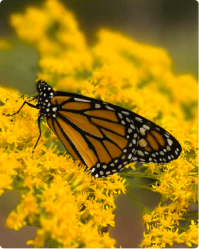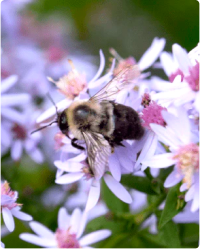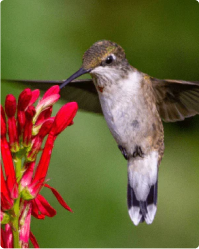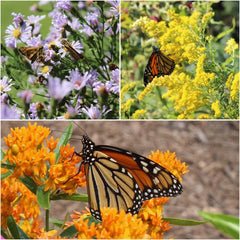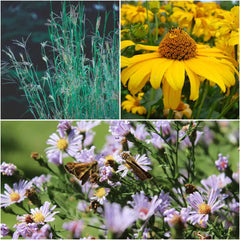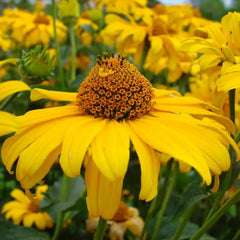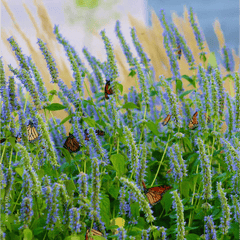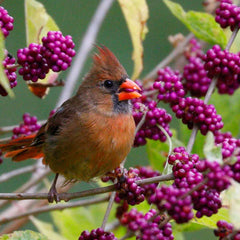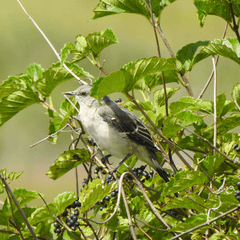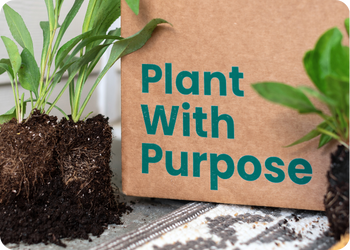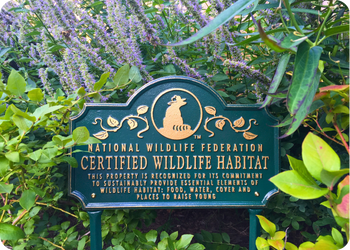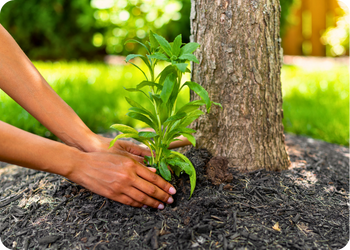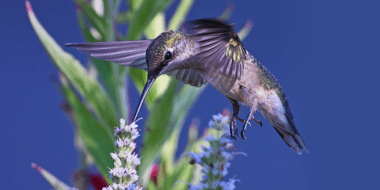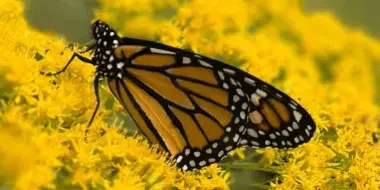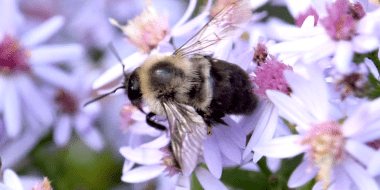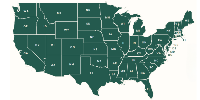- Shop All
- Plant Finder Quiz
- Collections
-
Regions
- Connecticut
- Maine
- Massachusetts
- New Hampshire
- New Jersey
- New York
- Pennsylvania
- Rhode Island
- Vermont
Northeast
- Alabama
- Arkansas
- Delaware
- District of Columbia
- Florida
- Georgia
- Kentucky
- Louisiana
- Maryland
- Mississippi
- North Carolina
- South Carolina
- Tennessee
- Virginia
- West Virginia
Southeast
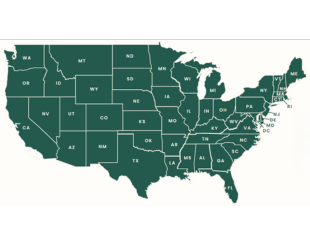
View Map
- Habitats
- Wildlife
- Our Mission
- On Sale
- New
Rhode Island Native Plants
Our native plant collections are specially curated for your region. Please enter
your zip code to find the best plants for your area.
Zip Code
Filtered By:
Filters
Animal Resistant
Soil Type
Light Conditions
Bloom Type
Plant Height
Plant Type
Soil Moisture
Wildlife Benefits
Flower Color
Price range
0 Products
0 of 0 Products
Support your local wildlife.
Help birds, pollinators such as bees, butterflies, other insects, amphibians and small mammals, and reptiles.Have a global impact.
Help create habitats for declining wildlife, reduce urban heat islands and manage storm water runoff.Bring nature home.
There’s no easier place to get a daily dose of nature and the physical, mental and spiritual benefits.Support our mission.
All orders benefit our non-profit to help declining wildlife and expand native plant availability nationwide.More Information
Find out what's blooming.
Sign up for updates on new releases, sales, plant care tips, and more.
